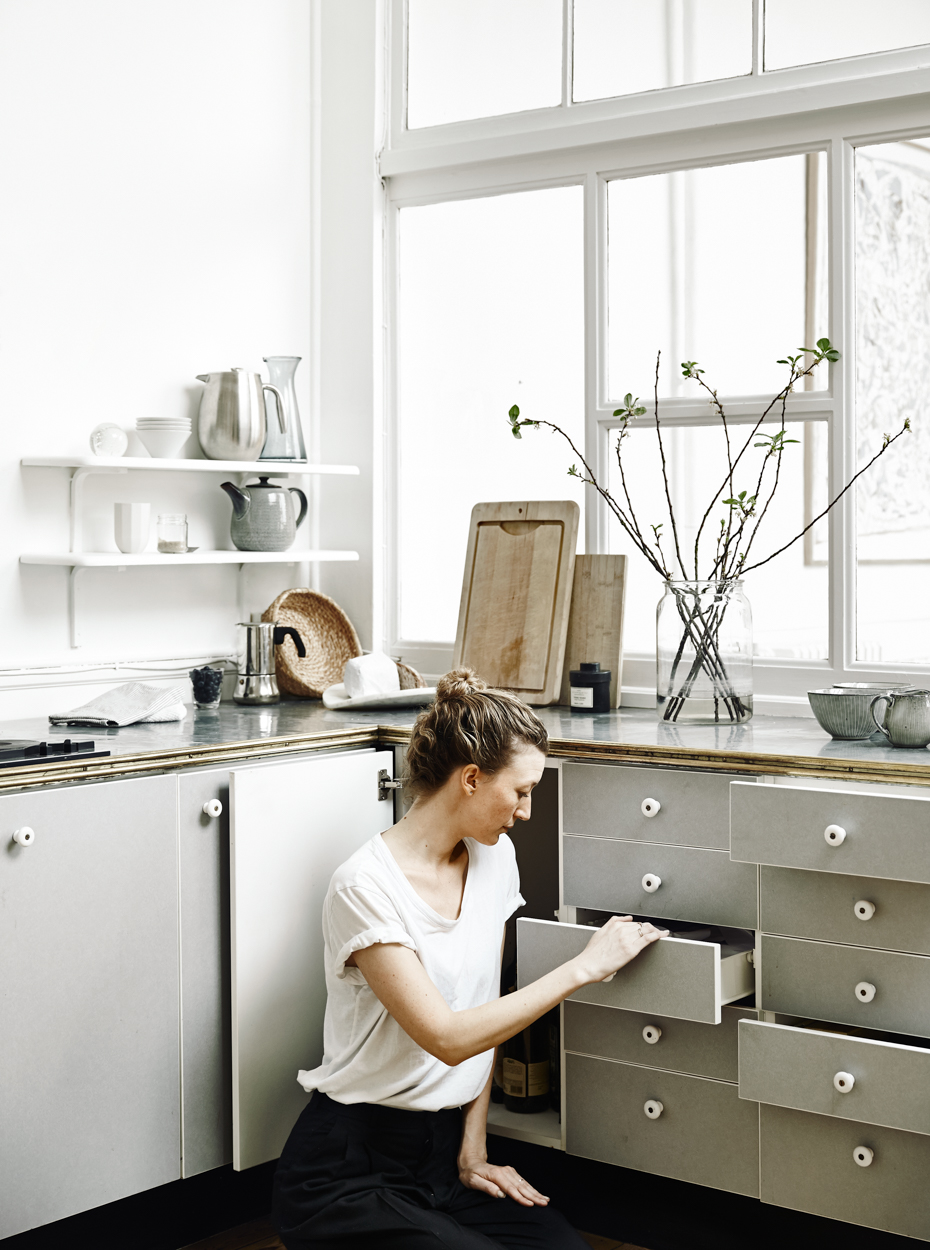 If someone asked me, “What’s the most impactful organizing approach?” I would go with a classic: Editing. Or more specifically, decluttering your home by regularly donating unused and unloved items.
If someone asked me, “What’s the most impactful organizing approach?” I would go with a classic: Editing. Or more specifically, decluttering your home by regularly donating unused and unloved items.
Intentionally editing your belongings is a time honored and popular piece of advice within the organizing field because it works. It immediately creates more order and simplicity. But unfortunately, like most pieces of advice, it’s far easier to give than to get.
So today, we’re discussing the two most common obstacles that sabotage people from embracing the transformational habit of decluttering: False Meaning and Guilt. Then, we’re going to share one simple approach that has the power to break through these emotional barriers.
But first, let me explain the reason why decluttering is so transformational. When we surround ourselves with items that we use and love, and we diligently and consistently simplify our spaces, MAGIC happens. Everything is easier to find, your space is easier to keep tidy, your storage spaces become more roomy, your clarity of mind gets a boost, and your home feels more calming. Once you eliminate the unnecessary ‘stuff’, getting and staying organized is 100x easier!
“Have nothing in your house that you do not know to be useful or believe to be beautiful.” -William Morris Tweet me!
If you feel resistance and fear at the thought of getting rid of something, but you know that there are plenty of items that you never use or appreciate in your home, you may be experiencing one of the following:
1 – Attributing false meaning to an item: We’ve all convinced ourselves that an item in our home is meaningful, when in actuality, it doesn’t. That dress that doesn’t fit or that vase that’s been collecting dust for years, are items that we’re holding onto unnecessarily. Sometimes it’s because they’ve gone forgotten — shoved underneath a few others that we don’t care for either. But most of the time it’s because we think, “but it’s special!” But what is a truly ‘special’ item. Here are a few signifiers that an item is worthy of real estate in your home.
- It gets regular use
- It brings you joy — it’s beautiful or reminds you of a wonderful memory
- It adds value to you and your family’s life
If it doesn’t fall within these three categories, it’s time to say goodbye.
Eliminate that which is worthless to make room for that which is priceless. Tweet me!
2 – Feeling Guilty: Guilt is a powerful emotion that can stop even the most well-intentioned person dead in their tracks. But why does decluttering stir up guilt? Here are 3 common reasons people feel guilty when editing down their belongings.
- A friend or family member gave it to them. By getting rid of it, they feel as though they’re disrespecting their loved one.
- It was a purchase that they never made great use of. By getting rid of it, they feel like they’ve wasted time and money.
- It’s an old item that belonged to a deceased love one. By getting rid of it, they feel like they’re not preserving their loved one’s memory.
But how do we shift this feeling? By embracing the art of GIVING. When you associate getting rid of your unused things and donating them to a worthy cause, your relationship with the act of decluttering becomes infinitely more enriching. Rather than feeling like you’re ‘wasting’ or ‘under appreciating’ perfectly good items, you’ll realize that you’re actually doing the opposite. You’re allowing that extra spatula or that ill-fitting pair of jeans to enhance or support someone else who needs it far more than you do. By linking decluttering with the energizing emotion of generosity, we believe that getting organized will become an enjoyable, inspired journey for you and your loved ones.

Featured Image via Kin Folk